Lowell National Historical Park
Lowell’s water-powered textile mills catapulted the nation – including immigrant families and early female factory workers – into an uncertain new industrial era. Nearly 200 years later, the changes that began here still reverberate in our shifting global economy. Explore Lowell, a living testament to the dynamic human story of the industrial revolution.
From Interstate Route 495 take Exit 89C on to the Lowell Connector. From Route 3 take Exit 80A if traveling southbound, Exit 80B if traveling northbound. • Take the Lowell Connector to Exit 5B (Thorndike Street) • Continue right on to Thorndike Street, which becomes Dutton Street • At the third traffic light continue straight under the overpass • At the next light turn right. Free parking is available at the City garage. Follow signs and walk through the mill courtyard to reach the Visitor Center
- Arts and Culture
- Craft Demonstrations
- Cultural Demonstrations
- Live Music
- Boating
- Boat Tour
- Guided Tours
- Self-Guided Tours - Walking
- Boat Tour
- Hands-On
- Arts and Crafts
- Junior Ranger Program
- Park Film
- Museum Exhibits
- Shopping
- Bookstore and Park Store
- Gift Shop and Souvenirs
- Dams
- Engineering
- Industry
- Factories
- Mills
- Immigration
- Laborer and Worker
- Migrant Workers
- Labor Movement
- Science, Technology and Innovation
- Canals
- Floods
- Urban America
- Women's History
Boott Cotton Mills
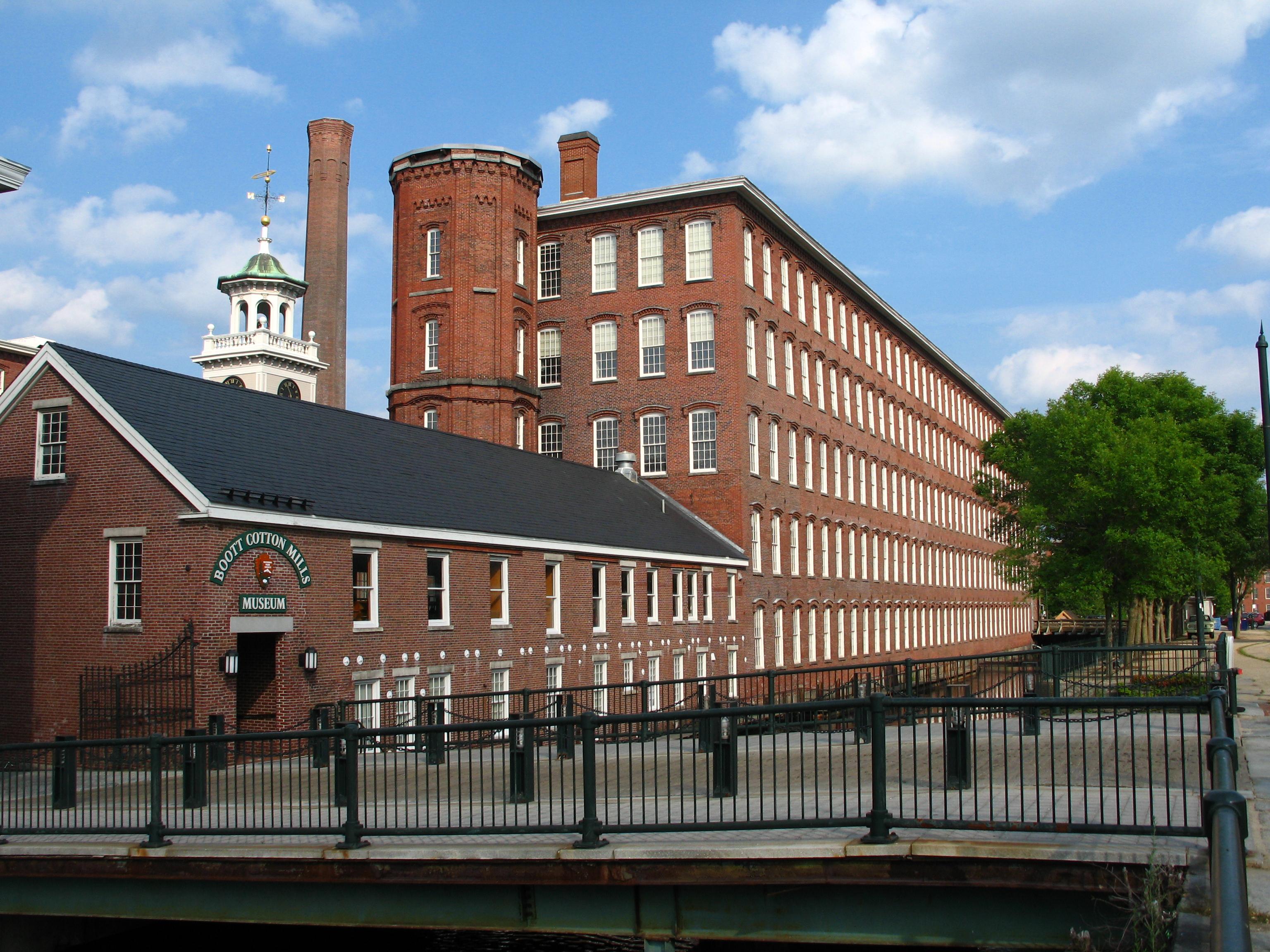
The Boott Cotton Mills is one of the best, most-intact complexes of cotton mills from Lowell's heyday in the 19th century.
Tsongas Center Programs
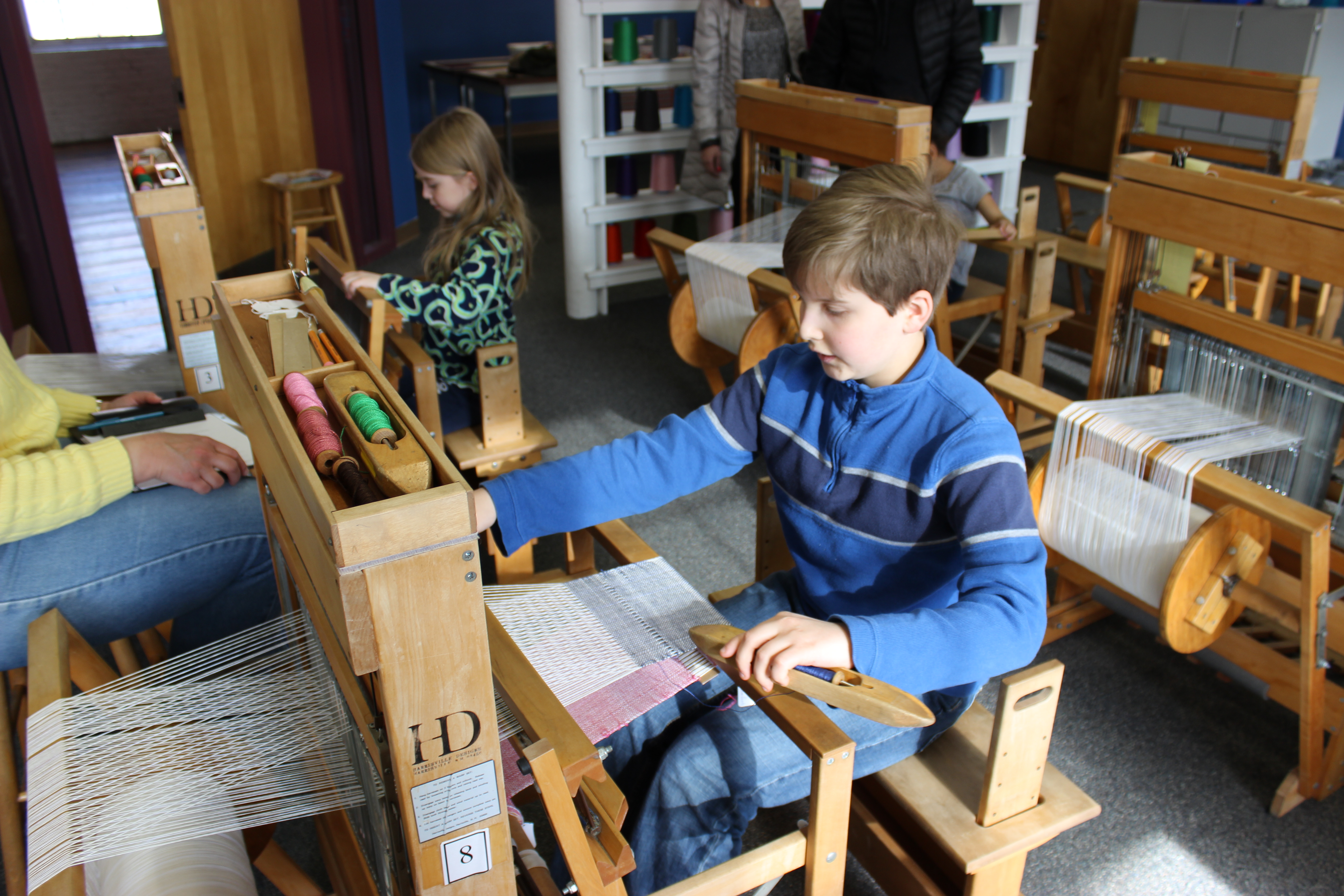
The Tsongas Industrial History Center, a partnership of Lowell National Historical Park and UMass Lowell's Graduate School of Education, offers hands-on interactive education workshops for more than 50,000 students each year.
Lowell NHP Trolley
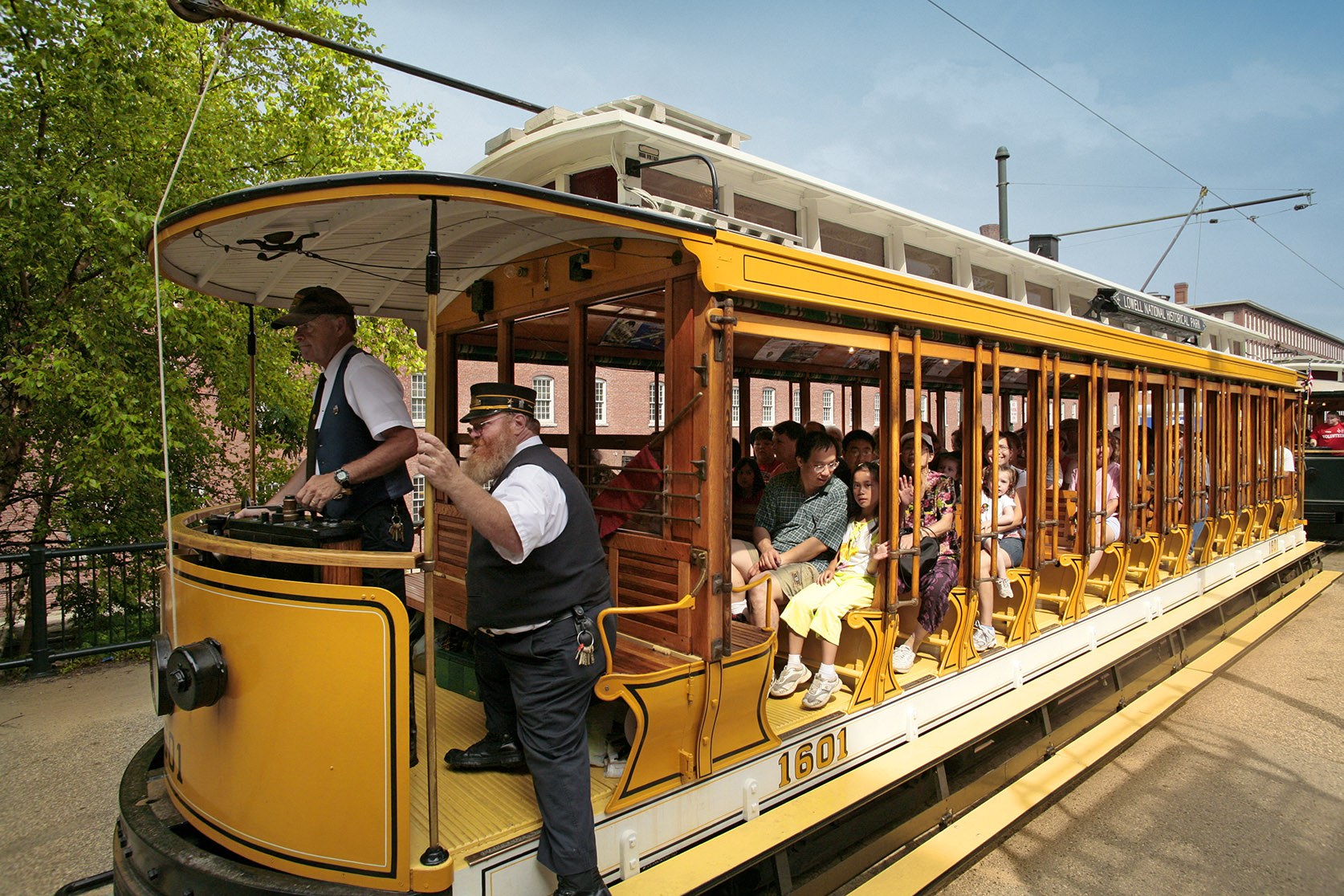
Lowell National Historical Park operates reproduction vintage streetcars throughout the park and downtown Lowell. Climb onboard for a ride or a ranger-guided tour.
Boott Mills Weave Room
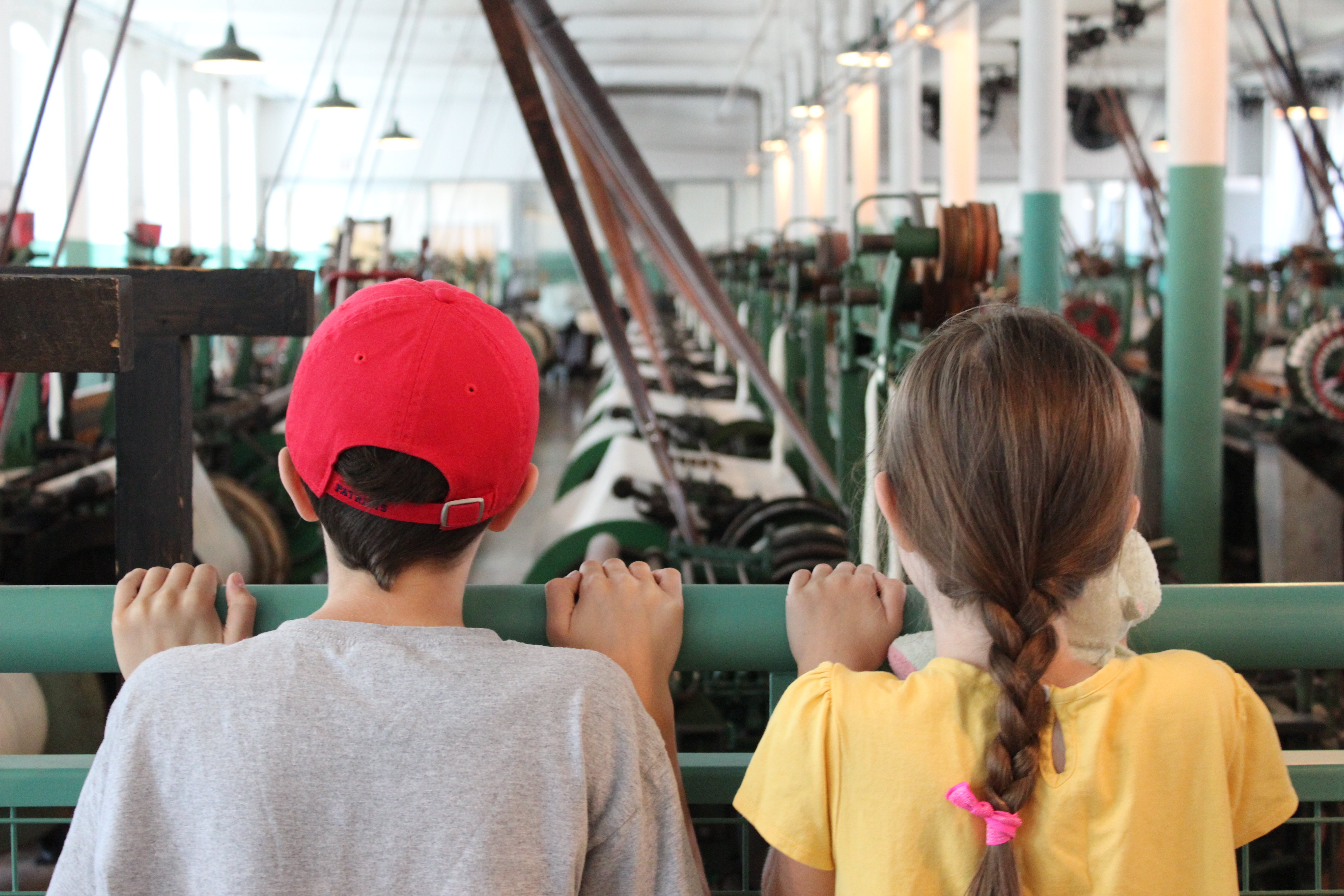
The working weave room at the Boott Cotton Mills Museum surrounds you with the sights and sounds of a turn-of-the-century working cotton textile factory.
Lowell Folk Festival
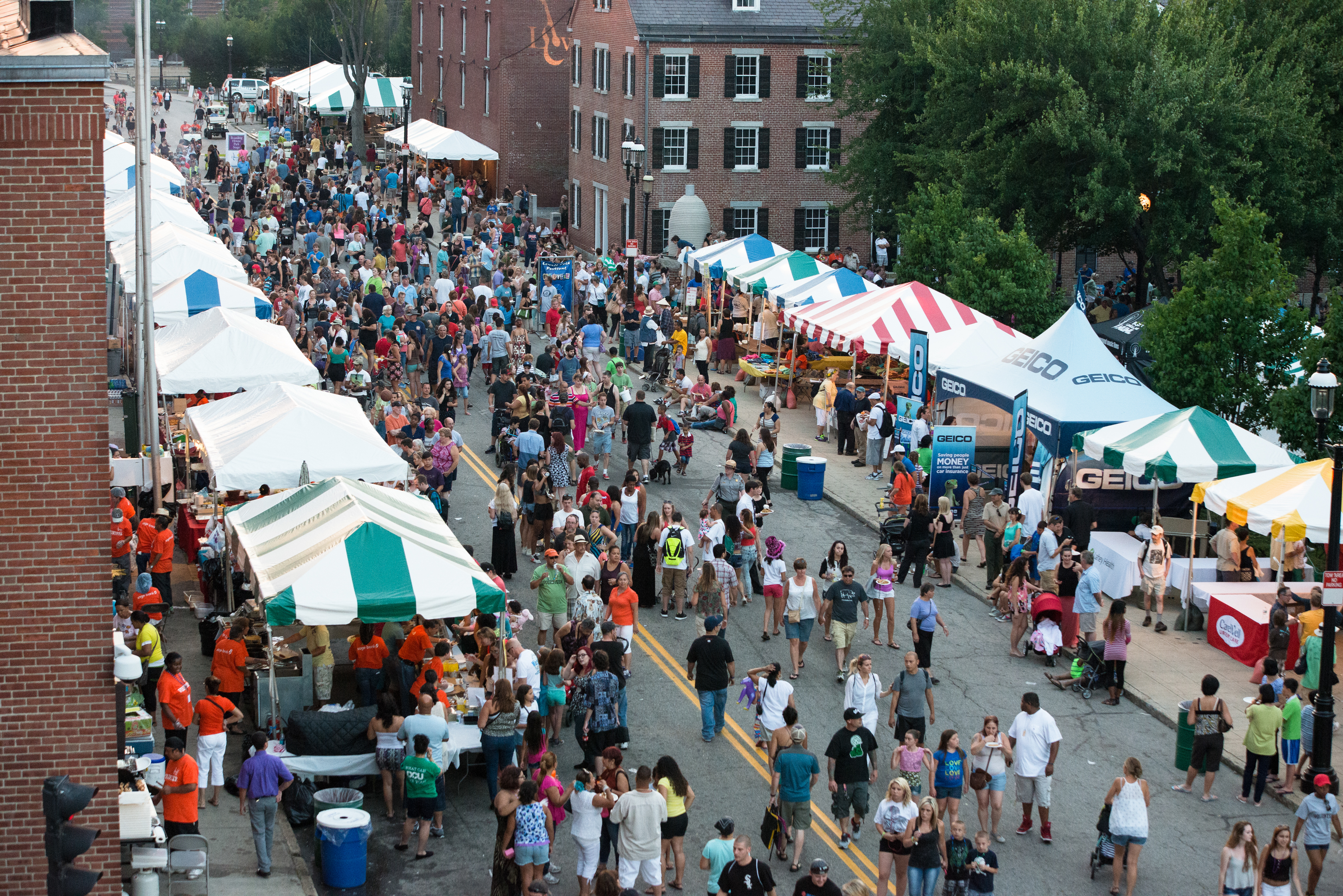
The Lowell Folk Festival, Lowell's signature annual event, brings traditional folk performers to 5 stages throughout the city and a huge variety of traditional ethnic foods from all around the world.